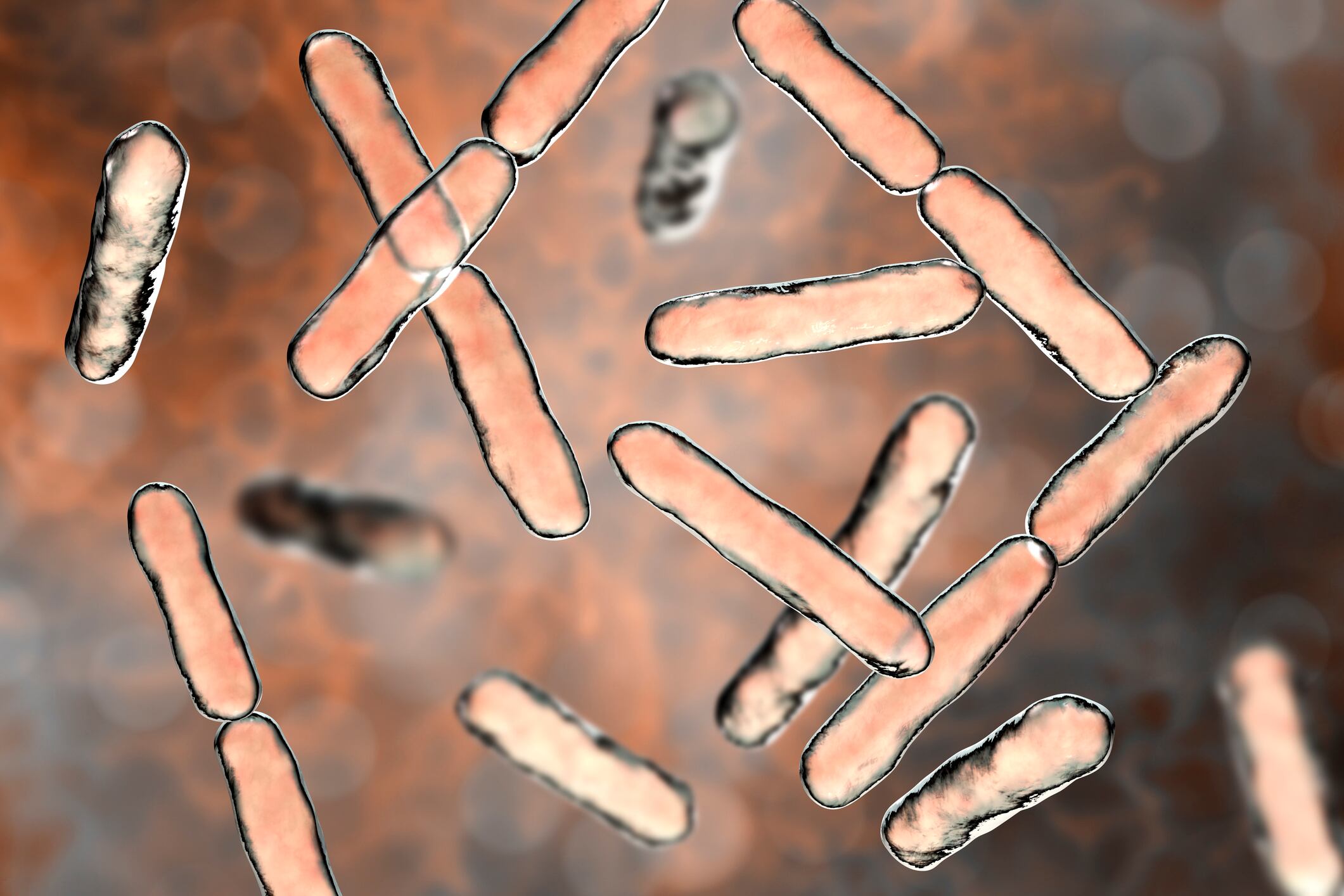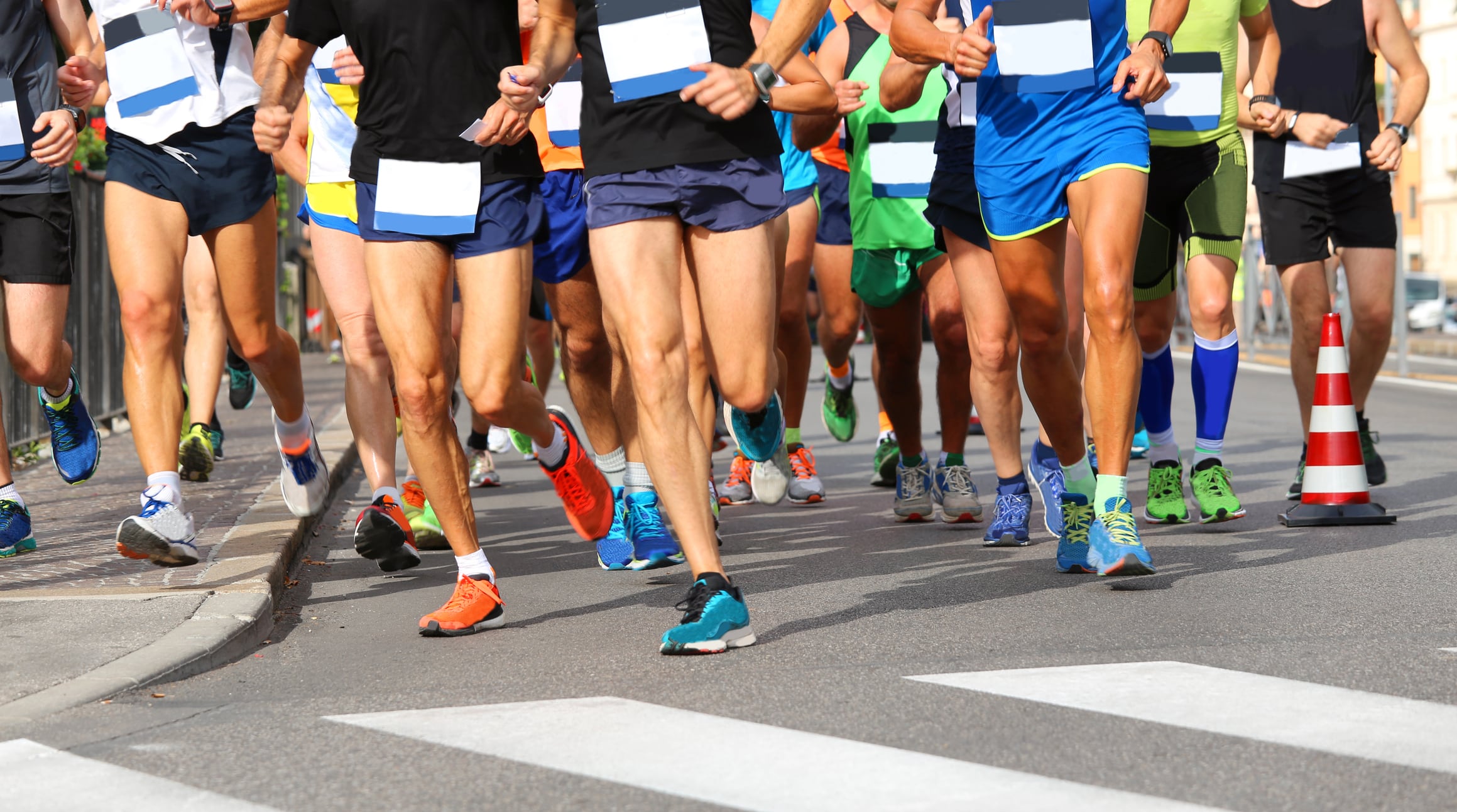Supplementing the diets of lab mice for four weeks with Lactobacillus salivarius subspecies salicinius (SA-03) isolated from gut microbiota of Chen Wei-ling, the 2008 Olympic women’s 48 kg weightlifting gold medalist, led to significant changes in the animals’ gut microbiota, according to findings published in Microorganisms.
In addition, decreases in markers of fatigue, such as lactate, blood urea nitrogen, ammonia, and creatine kinase were observed for the SA-03 fed animals, while increases in muscle strength, endurance performance, and glycogen storage in liver and muscle cells were also reported.
“These results suggest that SA-03 could be used as a supplement to enhance exercise performance and mitigating fatigue,” wrote researchers from the National Taiwan Sport University, Glac Biotech Co. Ltd., and Chang Gung University.
“Promising… but currently unsubstantiated”
Commenting independently on the Taiwanese study’s findings, Dr Ralf Jaeger, Managing Member of Wisconsin-based Increnovo LLC and lead author on the recent International Society of Sports Nutrition Position Stand on Probiotics, told NutraIngredients-USA: “While the results are promising, the conclusion that the results suggest that Lactobacillus salivarius subsp. salicinius SA-03 could be used as a supplement to enhance exercise performance and mitigating fatigue is currently unsubstantiated, as this was an animal study, and the results need to be confirmed and validated in humans, in an athletic population.
“The overall strategy of identifying and isolating new probiotic strains from the gut microbiota of athletes, in the case of SA-03 a female weightlifter, has previously been established by FitBiomics.
The gut microbiota and athletes
Interest in how the gut microbiome is linked to athletic performance – and the potential of modulation of the microbiota via pre- and probiotics to boost performance – is an area of increasing interest. Data from scientists at University College Cork in Ireland in 2014 found that the gut microbiomes of professional Irish rugby players were significantly more diverse than non-athletes.
In addition, the researchers found that the rugby players had higher proportions of Akkermansia, compared to non-athletes with high BMI. Akkermansia has been linked to improved metabolic profiles and is reported to have anti-obesity effects.
A follow-on study performed in collaboration with scientists at Imperial College London in England (and also published earlier this year in Gut) found the differences between athletes and sedentary people is “even more evident at the functional or metabolic level”.
Fitbiomics a spin-off from Harvard’s Wyss Institute for Biologically Inspired Engineering, has taken a similar approach, but instead of focusing on Akkermansia it is focused on a strain of Veillonella, which they found were increased in abundance in marathon runners post-race. The team then isolated one strain of Veillonella atypica from stool samples.
Study details
The new study divided male mice into four groups and supplemented their diet with SA-03 doses of 0, 2.05 billion, 4.1 billion, or 10.03 billion CFU/kg/day.
The data indicated that endurance capacity and grip strength increased in a dose-dependent manner, while lactate levels, blood urea nitrogen, ammonia, and creatine kinase levels decreased in a dose-dependent manner.
Dr Jaeger added: “An interesting finding of the study was a dose-dependent benefit, higher dose resulting in greater benefit. In human research, we are currently lacking this kind of data, establishing minimum effect dose, and optimal dose.”
Looking at the gut microbiota, the researchers noted an increase in richness for Lactobacillus, Bifidobacterium, and Akkermania. On the other hand, some potentially ‘harmful’ genera were lower after SA-03 supplementation, including Helicobacter.
From a species perspective, SA-03 supplementation led to increases in Lactobacillus salivarius, Lactobacillus reuteri, Lactobacillus vaginalis, and Lactobacillus antri, compared to the vehicle group, said the researchers.
“The strains selected in this research are selected from human body, and it is hoped that in the future, human experiments will be used to determine the efficacy of applying to human, which can provide exercise groups or competitive players to help improve exercise performance and capability,” stated the researchers.
Source: Microorganisms
2020, 8(4), 545; doi: 10.3390/microorganisms8040545
“Lactobacillus salivarius Subspecies salicinius SA-03 is a New Probiotic Capable of Enhancing Exercise Performance and Decreasing Fatigue
Authors: M-C. Lee et al.



